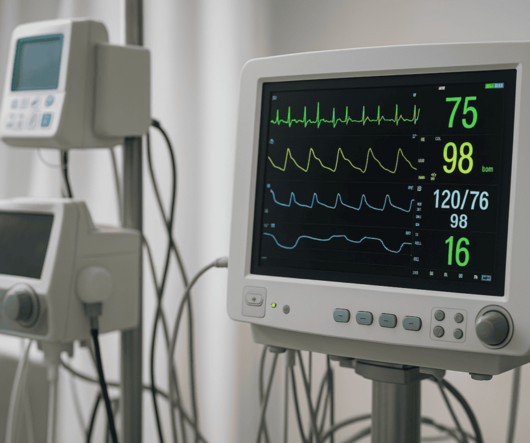Common Myths About Medical Assistants
Scrubs
NOVEMBER 2, 2023
Medical assistants are crucial in healthcare settings, serving as the backbone of clinical operations. Myth: Medical Administrative Assistants Don’t Need Medical Knowledge While they may not provide clinical care, medical administrative assistants must have a basic understanding of medical terminology, procedures, and regulations.













Let's personalize your content